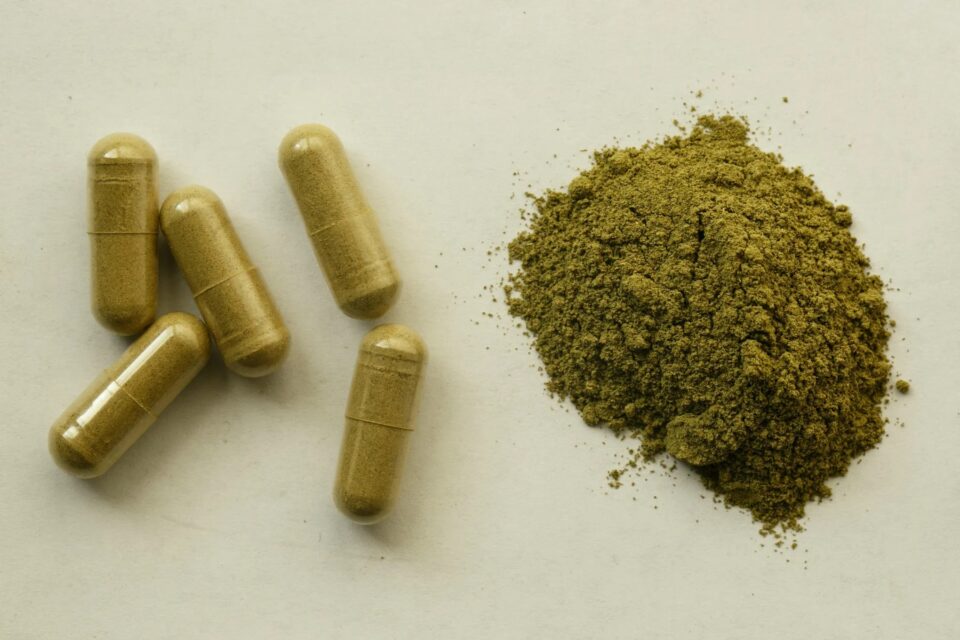For centuries, people in Thailand, Malaysia, and other Southeast Asian countries have used the leaves of the kratom tree as a natural stimulant and pain reliever.
Among the alkaloids in Kratom are mitragynine and 7-hydroxy mitragynine which interact with opioid receptors in the brain. Kratom acts as a stimulant at low doses, while it is more sedative, and pain relieving at higher doses. Kratom capsules and powder are used for pain treatment, anxiety, depression, and opioid withdrawal.
Import regulations for kratom products
In countries where kratom is legal, importers need to follow specific regulations regarding labeling, testing, and record-keeping. For instance, in the US, kratom products cannot make any health or medical claims. Labels only describe the ingredients and the plant parts used. As per FDA guidelines, kratom products cannot claim to diagnose, treat, cure, or prevent any disease or condition. The FDA also prohibits importing kratom or any of its compounds for human consumption. Kratom shipments are regularly detained or seized if the products do not meet the FDA labeling and packing requirements. Imported kratom also be tested for contamination with salmonella, heavy metals, and other adulterants.
How regulations impact prices and quality?
Strict import regulations and potential legal risks invariably impact the supply and prices of kratom. Only a limited number of Indonesian suppliers adhere to the stringent quality controls and documentation required to legally export kratom to compliant western vendors. This limited supply results in higher wholesale prices. The expensive lab testing also adds to the costs. These costs are ultimately passed on to consumers in the form of higher retail prices when compared to unregulated market prices. However, the benefit is consumers are more assured of getting high-quality and uncontaminated kratom products from compliant vendors. Limited product availability also encourages rogue vendors to float regulations by selling kratom illegally, often sourced through dubious channels. Such kratom products are unlikely to be pure and even contain harmful contaminants.
How consumers protect themselves?
With so many legal gray areas and risks from adulterated products, how a consumer seeking the benefits of pure kratom stay safe? Here are some tips:
- Check the legal status of kratom in your state and country before purchasing. Avoid buying kratom in places where it is banned.
- Always buy kratom pills from reputable vendors who provide test results proving their products are contaminant-free and properly labeled. Check vendor reviews online.
- Avoid suspiciously cheap kratom products that are likely poor quality or adulterated.
- Start with low doses from trusted products to assess tolerance and effectiveness.
- Report any adverse reactions to the FDA’s MedWatch program to help identify contaminated products.
- Support advocacy efforts of botanical education organizations like BEA and AKA that push for fair kratom regulation.
The future legal status of kratom is still uncertain in many parts of the world. Responsible consumers and vendors who inform themselves and act ethically help retain access to pure kratom while keeping risks at bay. Regulation and legality impose hurdles, but the extra effort is worthwhile to gain the benefits of this unique botanical safely.

